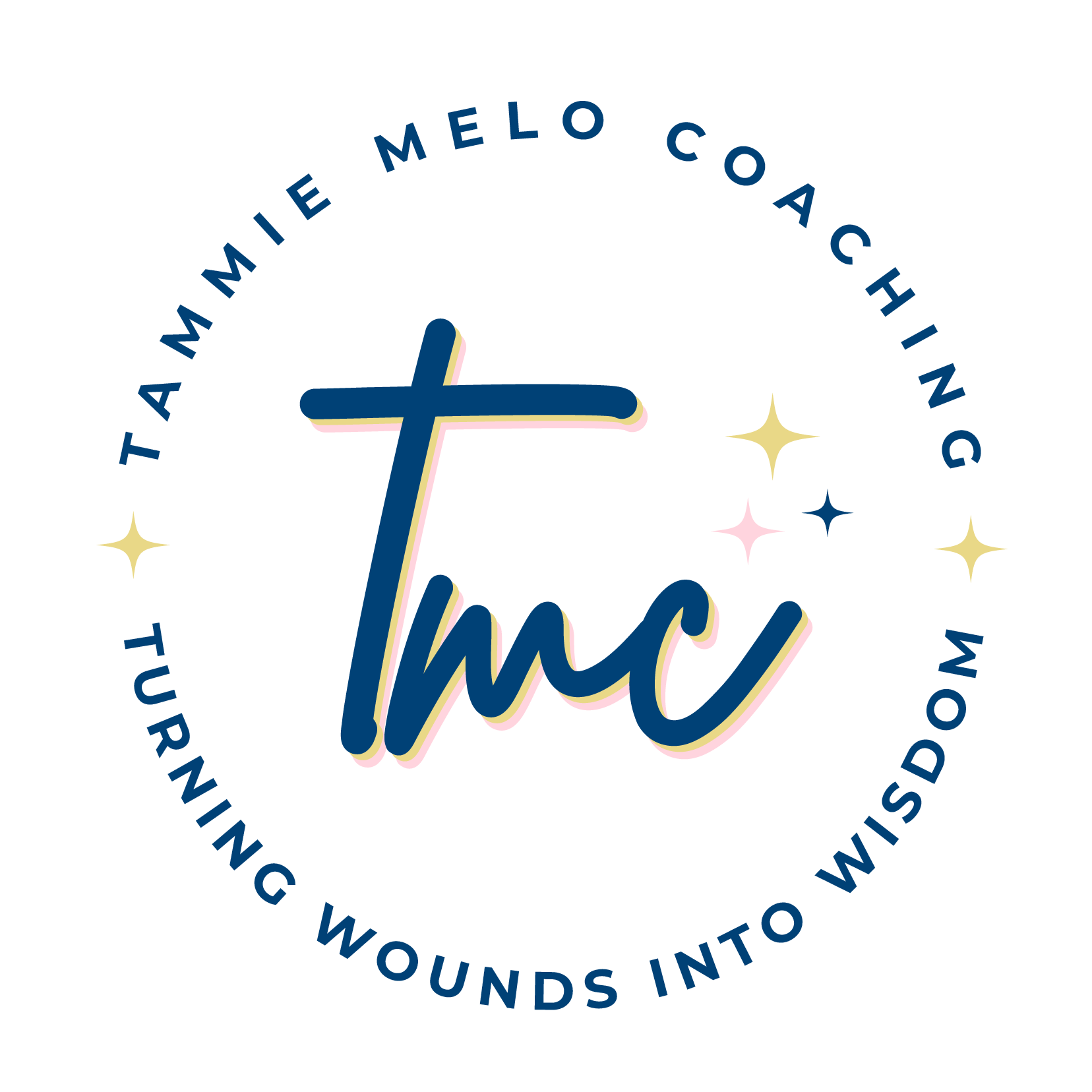Unlocking Your Potential: The Power of Coaching
- Tammie Melo

- Jun 10, 2024
- 3 min read
Is coaching right for me?
Many people ask, “what is the difference between counseling and coaching?” and “which is best for me?” I thought it might be beneficial to share what I think some of the differences are. Please note these are not absolutes but might help you navigate on deciding if you’re ready to move forward with coaching and/or counseling.
“Counseling is a therapeutic process to promote mental and emotional well-being, resolve personal challenges and foster self-understanding. Typically, it isn’t bound to action-oriented goals but follows a treatment plan in which the practitioner is largely non-directive. Counseling usually prioritizes exploring the client’s emotional and interpersonal history by providing a safe space to unpack emotions so that behaviors and reactions can be better understood, resolved and managed.”
“Coaching is a collaborative process designed to empower individuals to reach their full potential and achieve their goals. The essence of coaching lies in goal-setting, performance improvement and the pursuit of future-oriented solutions. Coaches work alongside clients to identify objectives, break objectives down into manageable steps and develop actionable plans to achieve them.”
Typically, when you go to a counselor, they are the “expert” in the area you are seeking help with and have had schooling/training to make them an expert in that specific area. With coaching, YOU are the expert in your own life and all of the answers you need are already inside of you and your coach’s job is to help you uncover those answers. People tend to remember far more of what they discover on their own, than what people tell them to do, so coaching will focus on asking questions that help you discover your own personal answers.
Counselors will spend time on things that have happened in your past. Your coach is more focused on where you are today, and how to help you move forward.
Your coach will also share their personal experience and things that they have done that have helped them heal. For example, the reason my betrayed spouse clients have so much transformation and breakthrough is because I have been exactly where they are. I know how it feels to think you are going to die of a broken heart and wonder how you will ever love, forgive and be happy again. I share how I overcame triggers, what I had to do to stay and have a great marriage, what I had to do to leave and go through a divorce with someone I still loved. Even more significant than connecting with you over your painful unexpected life transition, I can give you hope and tools to get on the other side of the pain and have the life you have always dreamed of, because that is what I have today! Nothing inspires me more, than knowing someone who has been there, done that and today they are completely healed and FULL of JOY. I want to drink whatever they are drinking lol! But seriously, I want to be aligned with those types of people because if they can do it, then I can do it too! Your coach should be that for you and pour their healing tools and techniques into you so you can make them your own and have total breakthrough and lifelong transformation.
Counseling and coaching really work great together. I will often refer my clients to work with a counselor on an issue that is beyond what I can help them with, such as referring them to a sex therapist, trauma therapist, psychologist, etc. That is one of the important things to look for when finding a coach to work with…will they refer you to others that can help you in an area outside of their qualifications to make sure you have a total and complete restoration? Other things to look for when finding a coach…does the coach’s mission and core values line up with yours? Does your coaches “coaching style” work with you? Clients seeking guidance in setting career goals, enhancing leadership skills or navigating life’s unexpected transitions may find coaching more beneficial, as it offers practical strategies and accountability to achieve desired outcomes within a set timeline.
In summary, coaching focuses on future goals and performance, while counseling delves into emotional healing and understanding past experiences. Both play essential roles in supporting individuals on their unique journeys. Hopefully that helps explain some differences in coaching and counseling and gives you something to think about in deciding what is your next step to being healthy, happy and whole.
You can schedule a free next steps call with me where we can unpack this even more and help you come up with a plan of where to go from here…learn more at https://www.tammiemelo.com/bestlife.


Comments